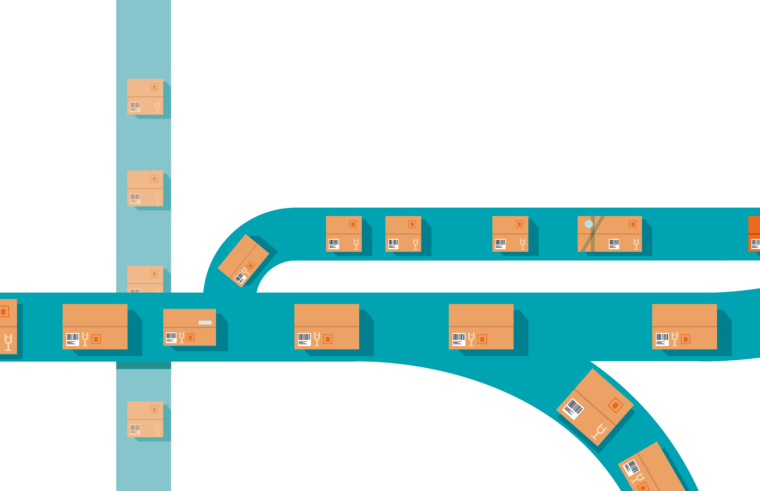The biggest unnecessary expense in e-commerce operations
To learn where organizations can find the biggest profit in dealing with returns management, we talked with all-round operational expert and Site Manager at BuyBay: John Warnar.

The trade with overstock or returns is currently experiencing a real boom. A topic that used to be associated with discounters and euro shops has now reached a new audience through clever business ideas and trendy portals of young founders. Consumers not only benefit from lower prices, compared to products fresh from the factory. They are also increasingly looking for products that counteract the “throwaway society” and support sustainability, as recent surveys show. The new market situation also creates new challenges for entrepreneurs in this area. Specialized B2B auction platforms for the sale of overstock and returns open-up new possibilities for finding and buying goods. We are summarizing the criteria buyers should consider when choosing a platform.
Business high-flyer thanks to overstock trade? There are more and more successful examples based on this business approach, some of which have already been presented as an alternative to the investor-driven approach a la “Lions’ Den”. Because trading in returns, overstock, and special items enables entrepreneurs to build a successful business without the need for large start-up capital. The business model is also right on-trend. The market and opinion research institute YouGov recently reported that almost 20 million Germans say they prefer to buy second-hand rather than new. What began as a movement against “fast fashion” in the textile industry has meanwhile reached many other market segments. B-goods such as furniture, household, or electronic equipment enable very good profit margins for dealers as well as attractive (price)advantages for consumers.
In the past, special items and overstock trading were mainly about price and number of items, but today the product itself is becoming more and more important. The demand for quality products and brand names is increasing, and the stronger competitive situation poses new challenges for both established and new buyers.
“The growing re-commerce market leads to greater competition and smaller margins, which have triggered a change in the shopping behavior of traders,” explains Sara de Haan, Business Innovation Manager at BuyBay. “Traders are looking for access to larger sellers and buyers markets than they currently have in their ‘off-line’ professional networks. That explains the rise of online B2B auction platforms.”
Previously, the personal network with contacts to companies that sell residual items was THE key to success in this business. Today the market is so fast-moving that even established buyers are often unable to acquire the right goods quickly enough through personal contacts alone. This is of course even more difficult for newcomers. A particularly important contribution that B2B brokers can offer is access to large brands or retailers who cannot respond to individual inquiries from thousands of large and small buyers. Auction platforms that focus on the sale of overstock and returned products from large e-tailers and web shops offer a contemporary approach. However, when choosing the platform, some important criteria should be considered:
“As specialists for return management we have been hearing about the needs and challenges from both companies that need to sell off returns and overstock and from buyers for several years”, explains Sara. “To bring sellers and buyers together in a more intelligent way we have finally launched the BELUGA auctions platform in early 2021. The feedback so far was very positive, and we are looking forward to matching more products to buyers and to give products a second chance to find happy owners.”
For more information about Beluga, please visit our website.